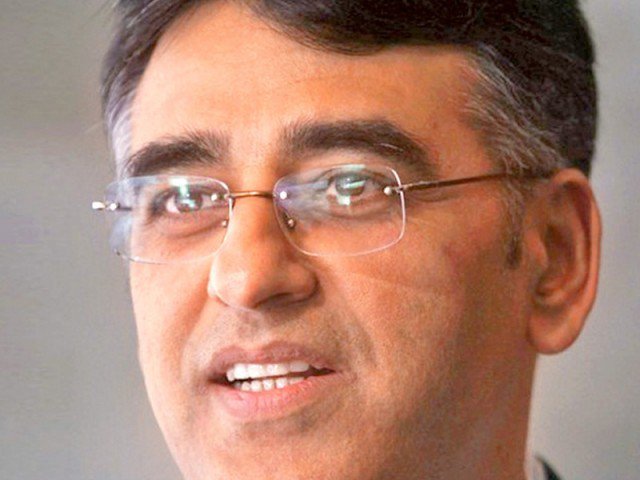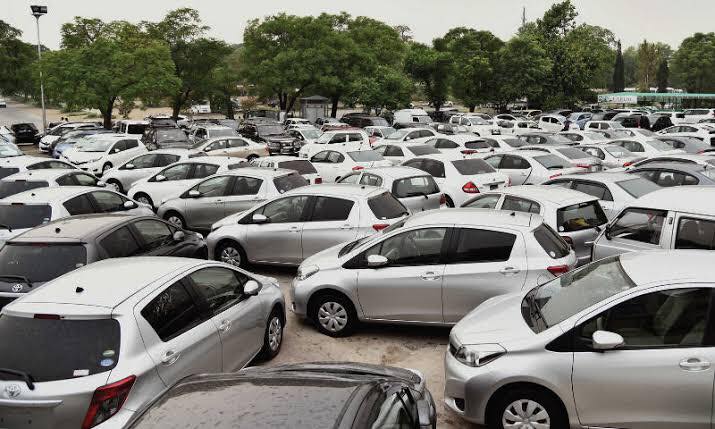ISLAMABAD: PTI led government has finally decided to do the same what previous government of PMLN did and was criticized by the PTI who was in opposition then.
An official handout issued by Ministry of Finance says that to put the national economy back on track decisive corrective measures have to be taken, raising the prospects for early finalisation of an International Monetary Fund (IMF) bailout package, carrying huge political and economic costs.
The official handout by Ministry of Finance that had striking similarity with IMF’s views. It indicated that the government had finally made up its mind to go to the IMF.
The handout was issued a day after the economic managers informed the Prime Minister that the IMF was the only viable option to steer the country out of its current economic crisis.
Reacting to the decision made by PTI Government of going back to IMF, some of the youngsters from Islamabad and Rawalpindi seemed disappointed while talking to The Dayspring. Youth of the country who had so much of hopes from Imran Khan’s Government looks thwarted said Imran Ali and Bilal Rana as PTI is not doing different as per claims made by Imran khan before and right after he came into power.
Such measures would only leave our economic decisions in the hands of IMF not government said Jahangeer Khan an economist while talking to The Dayspring. And results would be increase in prices of commodities he added.
The government has already increased gas prices by 143% and is set to increase power tariffs by at least 61%.
The IMF said that these steps would help reduce current account pressures and improve debt sustainability.
Asad Umar while being in opposition repeatedly oppose the IMF loans taken in the government of PML-N. He once said;
“The IMF agreement between Pakistan and the International Monetary Fund (IMF) will result in the dismissal of 1.2 million people from their jobs, further rupee devaluation, and increasing inflation, unemployment and create a mess overall for the economy of Pakistan.”
IMF urged Pakistan to follow a free-float exchange rate regime, besides increasing its interest rate to a minimum of between 11 and 12.5%. But these measures could undermine the PTI government’s plan to create 10 million jobs in the private sector and building five million housing units.








